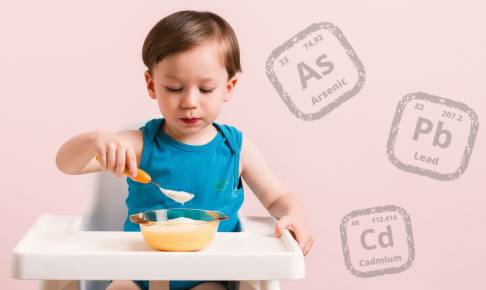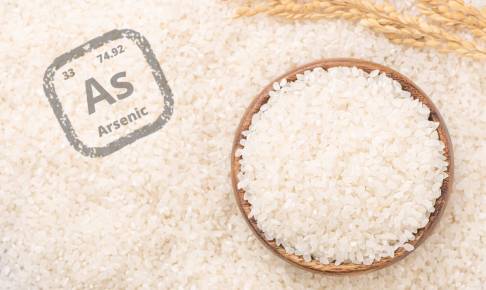EFSA: total copper intakes below new safe levels
The European Food Safety Authority (EFSA)’s scientific experts have declared that the combined exposure to copper from all sources does not pose health concerns for the EU population.
Copper is naturally present in many foods, moreover, it can enter the food chain in various ways (e.g. with pesticides, additives, fortified foods and nutritional supplements).
Copper is a fundamental micronutrient for all living things, including humans. However, copper deficiency or excess in the diet can lead to health issues.
Over time, excessive copper retention in the body may be hazardous for humans, particularly to the liver.
EFSA’s Scientific Committee has concluded that no retention of copper is expected to occur with an intake of up to 5 mg per day and established an acceptable daily intake (safe level) of 0.07 milligrams per kilogram of body weight for the adult population.
A refined dietary exposure assessment was performed, considering all dietary and non-dietary sources. According to the experts, naturally occurring background levels of copper in food and food ingredients and long-term use of copper utensils and copper pipes are significant contributors to intake. On the other hand, the contribution of pesticides, food and feed additives, or fertilizers has been considered negligible.
The experts are going to establish acceptable intakes for children, toddlers, and infants as a follow-up.
Although infant formula and follow-on formula are important contributors to dietary exposure to copper in infants and toddlers, the Committee concluded that adverse effects from this type of exposure are not expected due to children’s higher nutrient requirements for growth.
Source:
https://www.efsa.europa.eu/it/news/total-copper-intakes-below-new-safe-level






















